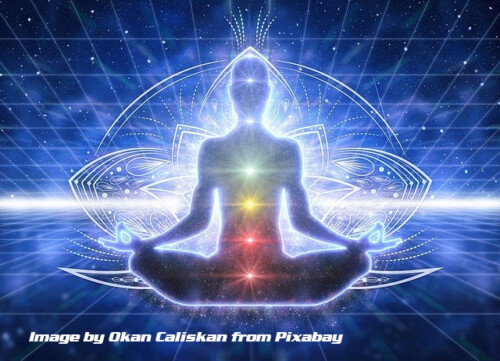Navigating the Depths of Existence: Exploring Theories on the Meaning of Life
By Editorial Team
The quest to unravel the profound question of life’s meaning has been a perennial pursuit of philosophers, theologians, scientists, and thinkers throughout the ages. This philosophical journey has given rise to a myriad of theories, each attempting to provide insights into the purpose and significance of human existence. In this exploration, we delve into several prominent theories about the meaning of life, shedding light on the diverse perspectives that have shaped our understanding of this existential mystery.
- Religious and Spiritual Perspectives:
- Many religious traditions posit that the meaning of life is intricately tied to divine purpose. For instance, Christianity often emphasizes a relationship with God and the fulfillment of a divine plan, while Eastern philosophies, like Buddhism and Hinduism, explore concepts of karma, reincarnation, and spiritual enlightenment.
- Existentialism:
- Existentialist thinkers, such as Jean-Paul Sartre and Albert Camus, propose that life inherently lacks predetermined meaning. According to existentialism, individuals must create their own meaning through personal choices and experiences, embracing the responsibility that comes with the freedom to define their existence.
- Utilitarianism and Hedonism:
- Utilitarianism, advocated by philosophers like Jeremy Bentham and John Stuart Mill, suggests that the purpose of life is to maximize overall happiness and minimize suffering. Similarly, hedonistic perspectives posit that the pursuit of pleasure and the avoidance of pain are central to a meaningful life.
- Biological Evolution and Naturalism:
- From a scientific standpoint, some theories posit that life’s meaning can be understood through the lens of biological evolution and naturalistic processes. In this view, life emerges as a result of natural forces and processes, with no inherent cosmic purpose.
- Transcendentalism:
- Transcendentalist thinkers like Ralph Waldo Emerson and Henry David Thoreau propose that the meaning of life can be discovered through a deep connection with nature, self-reliance, and the pursuit of higher, spiritual truths beyond the material world.
- Philosophies of Altruism and Service:
- Theories rooted in altruism, such as those advocated by humanitarians and social activists, propose that a meaningful life is one dedicated to serving others, fostering social justice, and making positive contributions to the well-being of humanity.
- Search for Knowledge and Wisdom:
- Philosophical traditions, including those of ancient Greek philosophers and modern thinkers like Bertrand Russell, contend that the pursuit of knowledge, wisdom, and intellectual growth constitutes a meaningful and fulfilling life.
Conclusion: The question of life’s meaning continues to be a complex and subjective inquiry, with diverse theories offering unique perspectives on the nature of existence. Whether grounded in spirituality, philosophy, science, or altruism, these theories collectively contribute to the rich tapestry of human thought and reflection on the profound mystery of life’s purpose. Ultimately, the quest for meaning remains a deeply personal journey, inviting individuals to explore, question, and shape their understanding of existence in their own unique ways.

